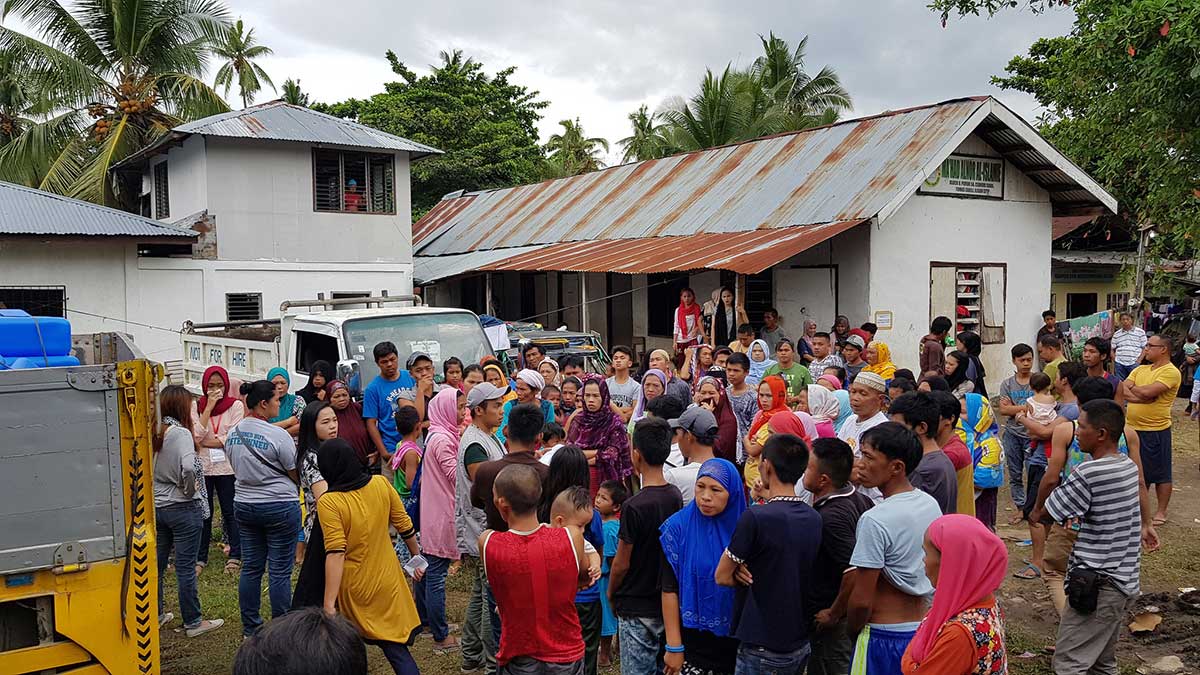In 2016, thirty of the biggest humanitarian donors and aid providers met at the World Humanitarian Summit to sign the ‘Grand Bargain’ commitments, a series of agreements which aimed ‘to get more means into the hands of people in need’1.
Among the outcomes, the signatories agreed to provide greater funding for national and local responders, setting an aggregated target of providing at least 25% of humanitarian funding to local and national responders as directly as possible2. In addition to supporting multi-year investment in their institutional capacity, they agreed to reduce the partnership barriers between international organisations and local and national responders.
The agreement signified a greater commitment to localisation, but what does that mean in practice?
To answer that question, in August 2017 the Start Network commissioned a new framework for localisation, aiming to provide a practical structure to improve the position of local organisations within international aid and to take a critical view of localisation; looking at the quality, and not just quantity of funding, capacity development, participation and partnerships between international, national and local organisations.
One of the recommendations that arose from this review was to build a body of evidence to monitor and analyse the quantity and quality of partnerships between Start Network members and their national and local partners during Start Fund responses. As a result, the ‘Start Fund: Learning from Partnerships’ was commissioned to explore how members identify and maintain their partners, as well as how partners contribute to the Fund’s projects; from design to decision-making, implementation, and learning.
By exploring funded responses that sub-granted some, or all funding to non-Start Network member organisations and conducting interviews with partners and agencies, the Start Fund was able to get an ‘on the ground’ perspective of what it means to partner in humanitarian response and how partnerships can contribute to localisation.
For instance, between April and December 2017, the Start Fund delivered activities through 64 non-Start Network member partners including:
- International Non-Governmental Organisations (INGOs) (8%)
- National affiliates (11%)
- National partners (64%)
- Sub-national partners (17%)
While international agencies usually partner with local and national organisations to improve the efficacy of their response, usually entrusting them to be better suited to working in specific locations, means relationship qualities can vary.
What did the Start Fund review cover?
This review identified three broad categories of partnership and examined the benefits and drawbacks of each one. From highly collaborative and moderately collaborative partnerships (in which members worked extensively with partners and partners tended to focus on data gathering, respectively), to low collaboration or ‘sub-contracting’ partnerships (in which project delivery is subcontracted with minimal collaboration), this review examines partnerships throughout the Start Fund project cycle identifying areas where the Start Fund can improve the localisation of humanitarian aid.
As an example, all partners were involved in project implementation and 77% contributed to needs assessments, while only between 46-54% were involved in project design, report writing, Monitoring and Evaluation or post-action reviews. However, even this involvement seems large when compared to local and national partner involvement in Start Fund processes, which was almost non-existent. Only 15% of local and national partners were involved in initiating alerts and 0% in allocation meetings, project selection committees and learning exchanges.
The Start Network was launched to address system-level inadequacies in the humanitarian sector, so seeing the low involvement in our own processes of the people perhaps closest to the crises we respond to, should be a wake-up call.
The question is now, what can we do as the Start Fund to promote stronger local humanitarian leadership? Well, you’ll have to read the review to find out.
Read the full report, Start Fund: Learning from Partnerships.
Read more about the Start Fund.
Check out our interactive tool to view all our global Start Fund alerts.
1https://www.agendaforhumanity.org/initiatives/3861
2‘The Start Fund, Start Network and localisation’ report defines ‘as directly as possible’ according to the Inter-Agency Standing Committee Task Team on Preparedness and Resilience (IASC) Taskforce interpretation: “no more than one intermediary between original donor and actual aid provider”.

